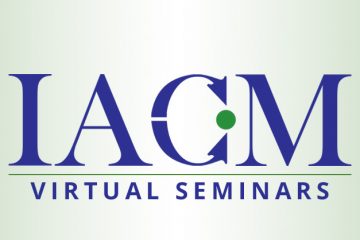IACM VSS – Two Mysteries About Trust: Evidence from Economic Games

IACM Virtual Seminar Speaker: A Monthly Series on Conflict and Negotiation Research
Two Mysteries About Trust: Evidence from Economic Games
Click Here to Register for the Session
Professor David Dunning, University of Michigan, Department of Psychology
Moderator: Selin Kesebir
Using “Schedule 1”
45 minutes
Monday, Feb. 20, 2023
8 AM US Pacific
11 AM US Eastern
5 PM Amsterdam
12 AM (next day) Singapore
3 AM (next day) Melbourne
Authors: David Dunning, Detlef Fetchenhauer, & Thomas Schlösser
Abstract:
Interpersonal trust is essential for a productive and rewarding social life, yet its existence, particularly among strangers, violates the rational actor model. We address two mysteries using data from economic games. One is cognitive, focusing on why people cynically underestimate how trustworthy their peers are. The second is behavioral, focusing on why so many people trust complete strangers given their social cynicism and aversion to taking risks. We adopt a normative approach, proposing that people trust despite their cynicism because they feel a moral obligation to do so. This approach implies that trust may be more about the behavior itself than downstream consequences, that people are not giving so much as giving in to social pressures, and that their choices may have more to do with emotion than calculation.
Bio:
David Dunning’s research focuses on the psychology underlying human misbelief. In his most widely-cited work, he showed that people tend to hold flattering opinions of their competence, character, and prospects that cannot be justified from objective evidence—a phenomenon that carries many implications for health, education, the workplace, and economic exchange. He also examines how many of these same processes also injure judgments made by groups.
Dunning’s other research focuses on decision-making in various settings. In work on economic games, he explores how choices commonly presumed to be economic in nature actually hinge more on psychological factors, such as social norms and emotion. In particular, he documents that people trust complete strangers in situations in which the economic analysis would suggest no trust whatsoever.
Finally, Dunning explores how people’s preferences and wishes distort their judgements and conclusions. In past work, he has shown how the influence of motivated reasoning extends even down to shape perceptual experience, such as vision and hearing.

